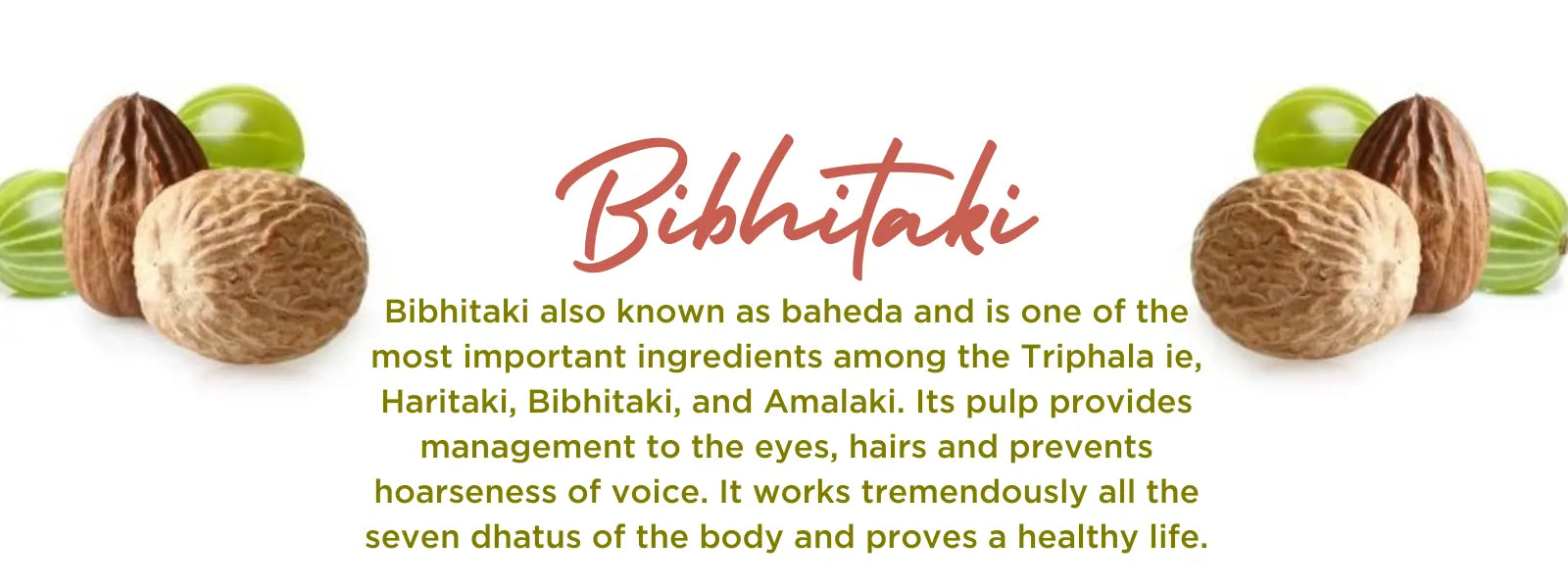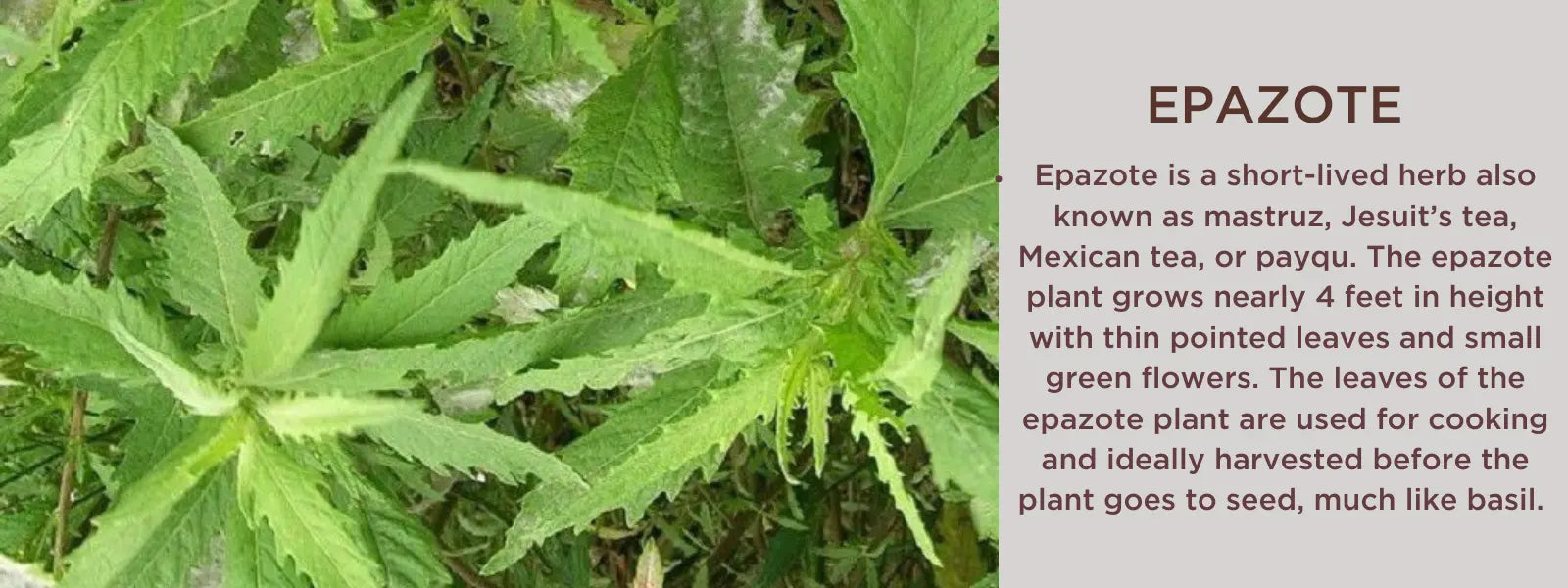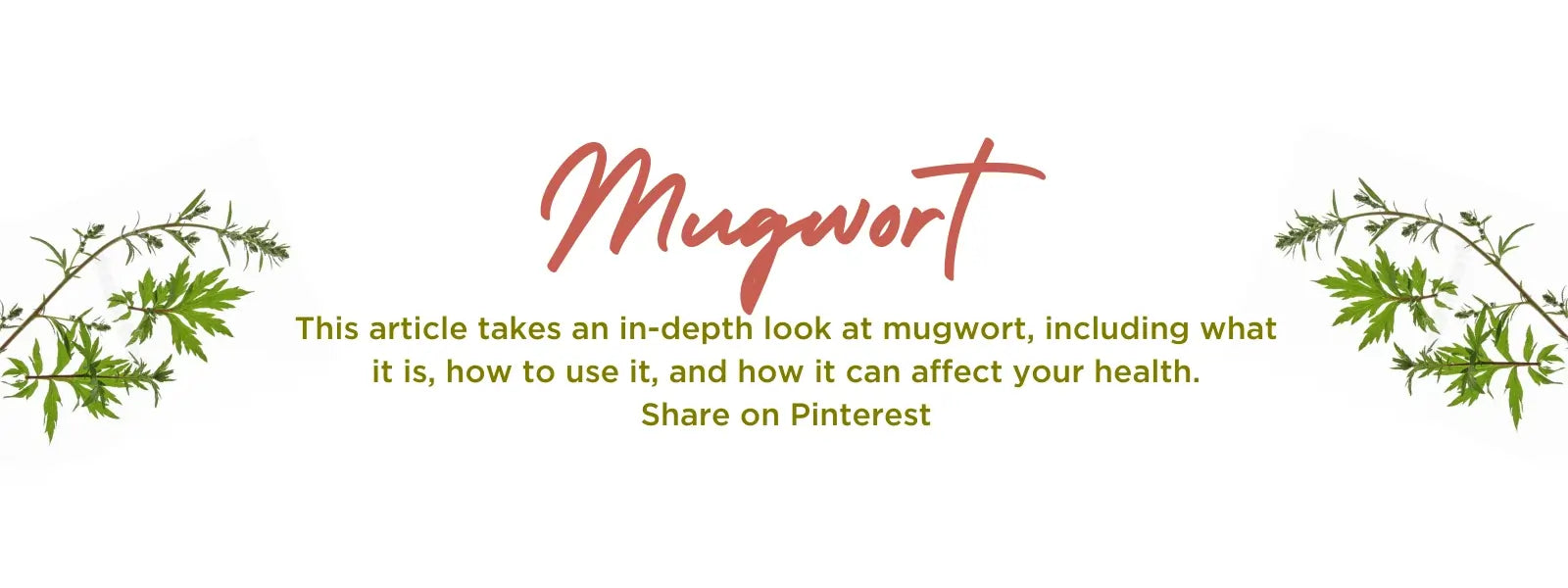Blessed thistle is commonly consumed as a tea made from the tops, leaves, and upper stems, or it can be purchased as a supplement in the form of a capsule, tincture, or powder. In addition to encouraging lactation, blessed thistle is thought to increase appetite and treat colds, flu, indigestion, diarrhoea, and other gastrointestinal problems. Others use blessed thistle topically to treat boils, abscesses, and other skin infections in order to hasten recovery.
Table of Contents
Alternative names:
Holy ThistleSaint Benedict ThistleCarbenia BenedictaSpotted Thistle
Origin:
South Europe to west Asia
Parts used:
Dried aerial parts and seeds
Conventional application:
Blessed Thistle is said to have gotten its name from its fantastic reputation as a cure-all that was even said to be able to treat the plague during the Middle Ages. Thistles make excellent survival food because they are edible. They typically grow in areas where the environment has been harmed, keeping animals and people away while the ground recovers, and they offer medicinal capabilities that are mostly linked to the liver - the organ that guards our blood stream against poisons.
Health benefits:
Liver Defense:
Blessed Thistle, a plant known as a cholagogue, increases bile production, aiding in liver detoxification. This in turn causes symptoms of impaired liver function, such as fatigue, appetite loss, nausea, and mental fog, to lessen. People who need to regain their appetite while recovering from an illness or from certain therapies known to cause appetite loss are frequently advised to take this herb that supports the liver.
Anti-Microbial:
Polyacetylene and cnicin, two Blessed Thistle constituents, can support the body's defences against bacterial infections. According to research, these substances are efficient against a variety of bacteria including Staphylococcus aureus, Brucella species, Escherichia coli, Proteus species, Pseudomonas aeruginosa, and Streptococcus faecalis.
Digestive Wellness:
Saliva and gastric juice production are both stimulated by the bile. This improves the body's ability to metabolise fat, which lowers cholesterol and helps to ward off gallstones. Blessed Thistle is also rich in sesquiterpene lactones, such as cnicin, which are said to promote digestive function by increasing the release of digestive enzymes, resulting in better digestion and appetite.
Anti-Inflammatory:
In addition to aiding in the treatment of infections, blessed thistle possesses anti-inflammatory properties that have been shown to lessen or completely stop inflammation. Once more, the plant chemical cnicin, which is known to have anti-inflammatory properties, is considered to be responsible for this effect. However, those who have inflammatory bowel disease shouldn't use this herb without first consulting a medical specialist.
Precautions/Side Effects:
Despite being generally safe, taking Blessed Thistle in extremely high dosages can result in nausea and upset stomach. Additionally, anyone who has a plant allergy to the Asteraceae family should exercise caution when using this herbal remedy. Not advised for pregnant or breastfeeding women.











Leave a comment